Inspired by ideas in www.nature.com/articles/s41... and github.com/VPetukhov/GP..., implemented as an scVerse ecosystem package with docs and tutorials.
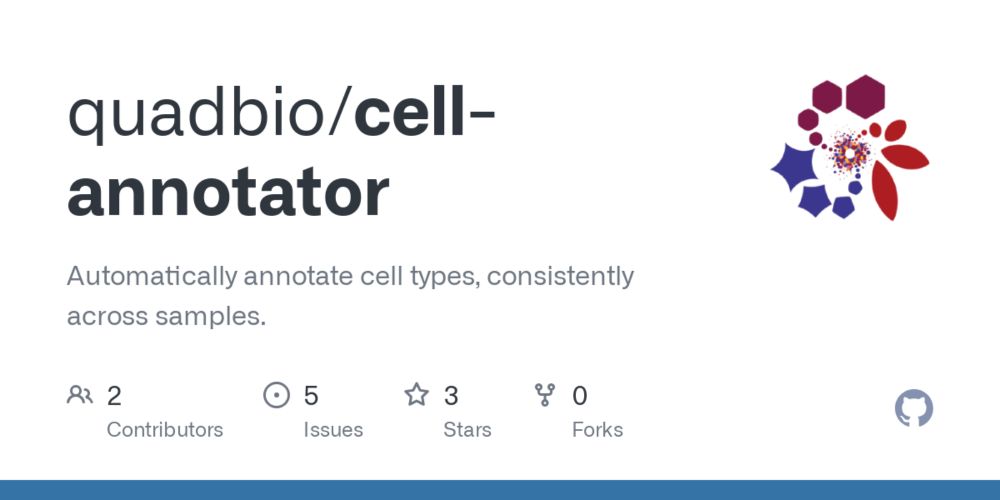
Inspired by ideas in www.nature.com/articles/s41... and github.com/VPetukhov/GP..., implemented as an scVerse ecosystem package with docs and tutorials.
Built on flow matching, CellFlow can help guide your next phenotypic screen: biorxiv.org/content/10.1101/2025.04.11.648220v1
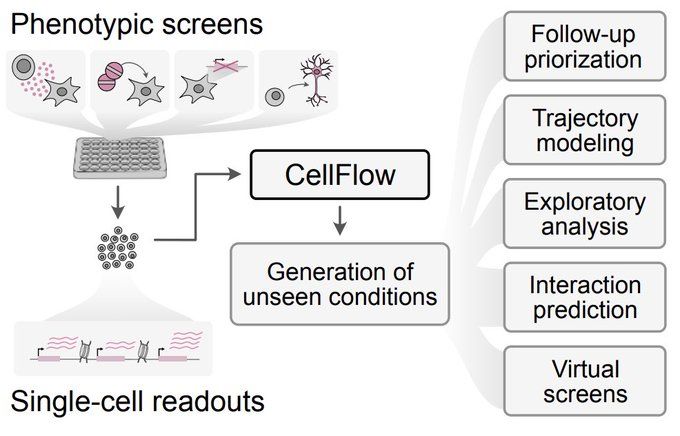
Built on flow matching, CellFlow can help guide your next phenotypic screen: biorxiv.org/content/10.1101/2025.04.11.648220v1
Keep reading for more about how we did the study and what we found out 🧵 👇
1/16
Keep reading for more about how we did the study and what we found out 🧵 👇
1/16
Our latest study in @science.orgAdvances explores how glucocorticoid exposure—a key environmental risk factor—shapes early human brain development using #organoids.
@mpi-psychiatry.bsky.social @drcricru.bsky.social
🧵👇
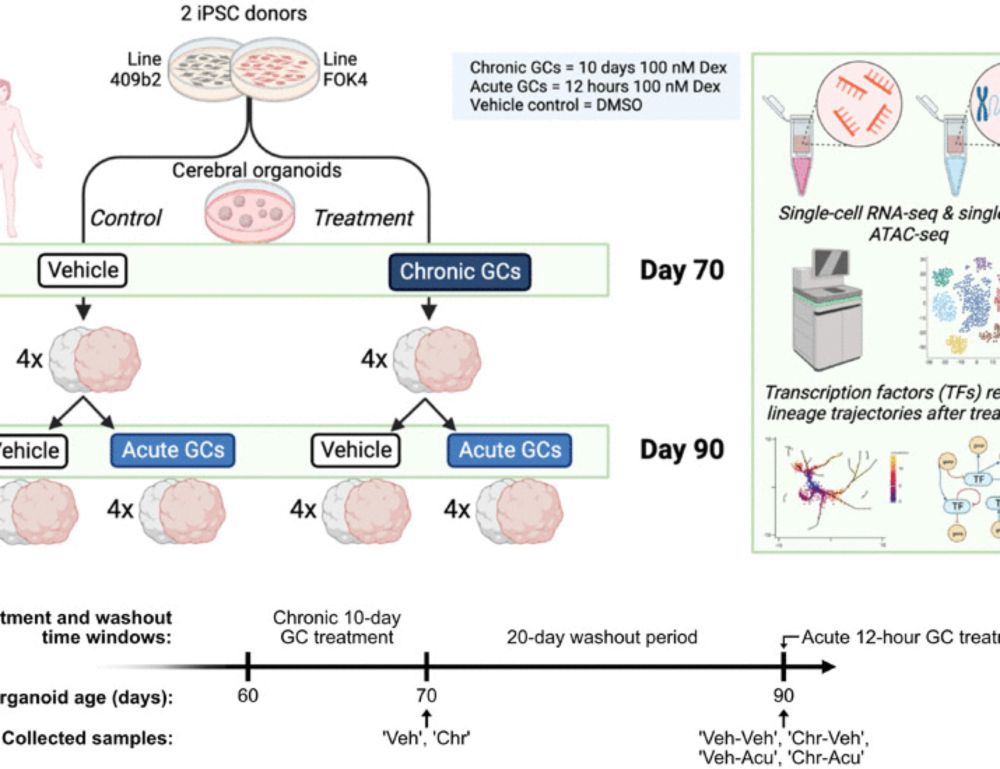
Our latest study in @science.orgAdvances explores how glucocorticoid exposure—a key environmental risk factor—shapes early human brain development using #organoids.
@mpi-psychiatry.bsky.social @drcricru.bsky.social
🧵👇
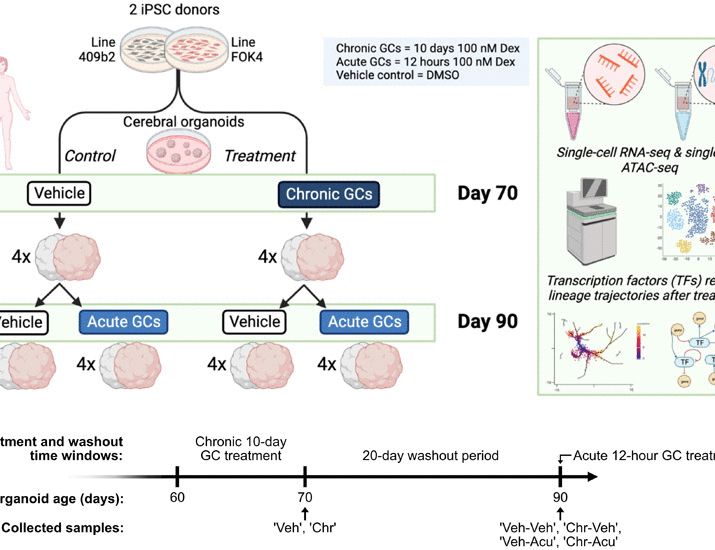
🧵 1/10

🧵 1/10
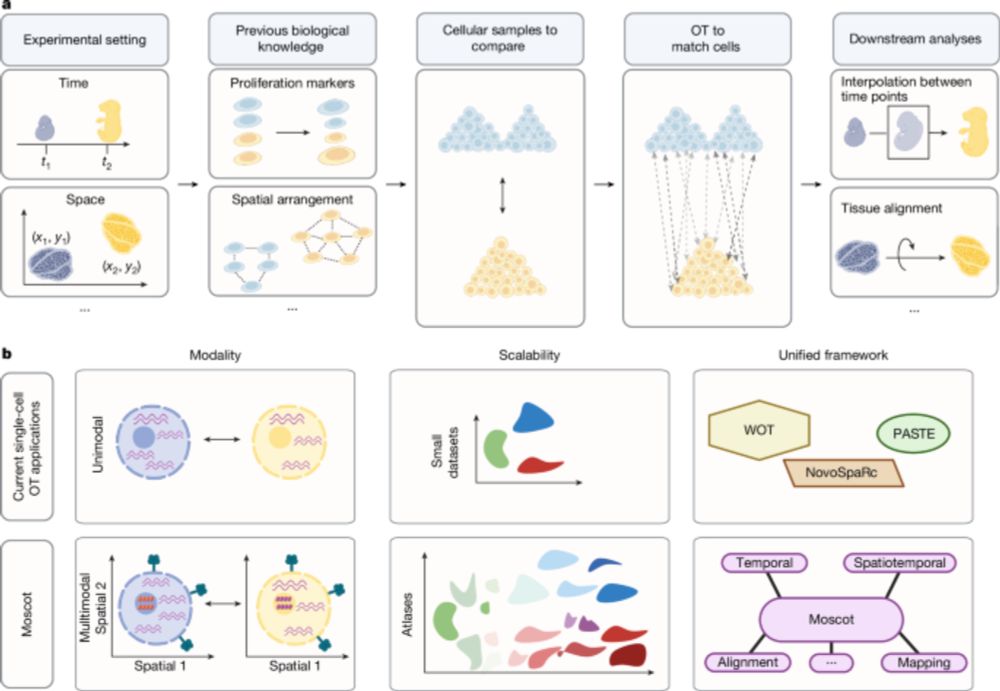

Find out how it can serve you ⏬
🧵1/8
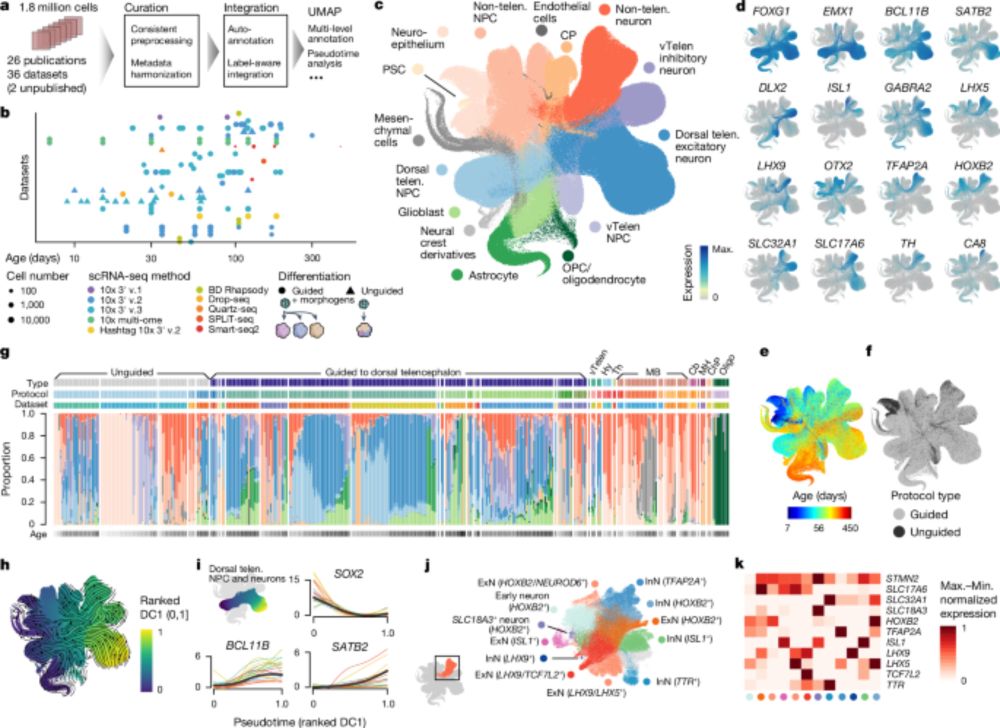
Find out how it can serve you ⏬
🧵1/8

